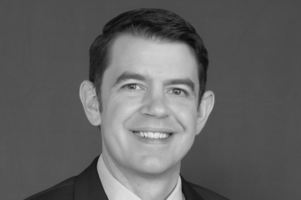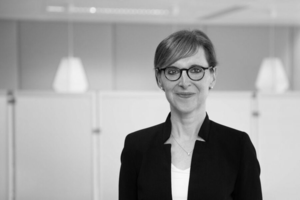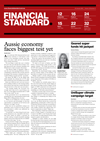Gender gap to close in 134 years: World Economic ForumBY ELIZA BAVIN | MONDAY, 17 JUN 2024 4:34PMThe World Economic Forum released its Global Gender Gap Report for 2024 revealing that, at the current pace, it will take another 134 years - equivalent to five generations - to achieve full gender parity. Globally, the gender gap has closed by just 0.1% since last year. "Despite some bright spots, the slow and incremental gains highlighted in this year's Global Gender Gap Report underscore the urgent need for a renewed global commitment to achieving gender parity, particularly in economic and political spheres," World Economic Forum managing director Saadia Zahidi said. "We cannot wait until 2158 for parity. The time for decisive action is now." Women's representation in the political sphere increased at the federal and local level, though top-level positions remained largely inaccessible for women globally. Women were also still rare in top-level positions in industry, as highlighted by LinkedIn data: the "drop to the top" in representation from entry level to C-suite is observed in every industry.While half of economies included in the Global Gender Gap Index made incremental progress, significant disparities remained. The top 10 nations for gender parity were:
While educational and health outcomes were strong, political empowerment lagged. New Zealand, which ranked fourth globally, and the Australia, which ranked 24th, led the region. The report found that while parity in women's labour-force participation improved in 2024, regional differences remained significant. At the industry level, LinkedIn data indicated women's workforce representation remained below men's in nearly every industry and economy, with women accounting for 42% of the global workforce and 31.7% of senior leaders. The World Bank estimated that closing the gender gap in employment and entrepreneurship could increase global GDP by more than 20%. "The slow progress that had been made in women being hired into leadership roles is now starting to erode from a peak seen in 2022. As the global economy has cooled, it is women that have been disproportionately hit, reinforcing the systemic issues that hold women back in the workplace," LinkedIn vice president global public policy and economic graph Sue Duke said. "We are reaching a pivotal moment as generative AI starts to impact the labour market with a recalibration of the skills employers value most. Employers must ensure they apply a gender lens to their approach in up-skilling to establish the future workplace in a fair and equitable way." Related News |

Last week the NSW government delayed closure of the Eraring Power Station, back-pedaling on a previous decision to close it next year.
Association of Superannuation Funds of Australia (ASFA) chief executive Mary Delahunty said at the Australian Shareholders' Association Conference yesterday that addressing the supply side of the housing crisis requires an infusion of private capital.
The International Financial Reporting Standards (IFRS) Foundation is working with the Global Reporting Initiative (GRI) to make their standards more compatible.
The 50 most influential ESG professionals working at ASX-listed companies have been named by trade publication FS Sustainability in the 2024 ESG Power50 guide.















